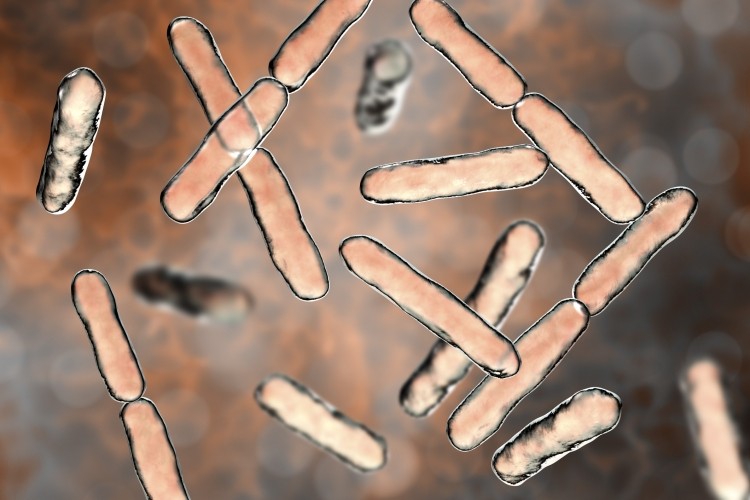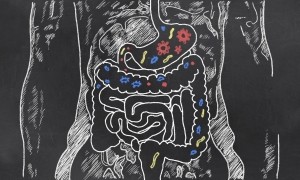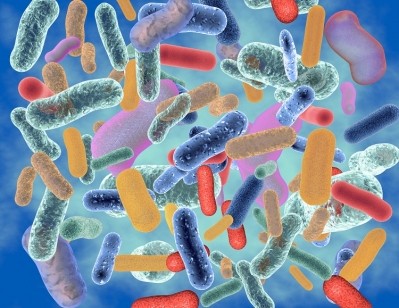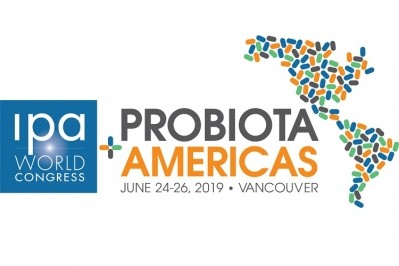From the Editor's Desk
No BBC, probiotics are not 'quite useless'

The BBC’s article, which ran with the headline Probiotics labelled 'quite useless', focuses on a study from scientists at the Weizmann Institute of Science in Israel published in Cell (Zmora et al., Vol. 174, No. 6, pp. 1388-1405.E21), which looked at one month of supplementation with 11 probiotic strains, comprising a mix of Lactobacillus, Bifidobacterium, Lactococcus and Streptococcus. The results indicated that colonization is “predictable by pre-treatment microbiome and host features”.
The researchers also state that the findings would merit the development of “new personalized probiotic approaches.” That’s not a conclusion that says “probiotics are useless” to me.
The study has echoes of a paper by Dr Jens Walter et al. (Cell Host & Microbe, 2016) that supported the persistence of Bifidobacterium longum AH1206 in the gut of some, but not all of the participants in the study. Specifically AH1206 persisted in 30% of them for six months, and this was linked to a couple of factors: First, if the host had lower B. longum levels to begin with then there was persistence. Second, if there was an underrepresentation of genes in the gut microbiome for carbohydrate-utilization. However, as interesting as this study was, it didn’t go so far as to examine if AH1206 actually led to any health benefits.
Antibiotics plus probiotics
The BBC article also discussed another study from the Weizmann Institute that investigated the impact of probiotics after a course of antibiotics (to “wipe the slate clean,” so to speak). This data indicated that colonization with probiotics did occur, but at the expense of indigenous microbiome (Suez et al. Cell, Vol. 174, No. 6, pp. 1406-1423.E16).
Experts from the International Probiotics Association told me that the probiotic product used in the study is very poorly defined (strains are not mentioned, only total dose (25 billion) is mentioned, not the dose of the separate strains), and that, crucially, the probiotic product used in the study does not seem to have any clinical studies associated with it.
“If the product has not been studied on efficacy in the area of, for example, management of side effects of antibiotic use, why would the investigators expect it to have a beneficial effect on re-establishing the microbiota?” asked the IPA experts.
“The article also incorrectly suggests that ‘probiotics’ (i.e. all probiotics) would have the observed effect on the microbiota. That is little bit too sweeping for one study with one (undocumented) probiotic product,” they added.
“In the press, unfortunately, the distinction between efficacy (i.e. reduced risk for side effects of antibiotic use; which is very well documented for many probiotic strains and strain combinations, though not for this product) and mechanistic understanding (which could not be documented in this particular case) is often confused.”
The subject of colonization/gut ecology is developing (can we say what a “healthy gut” looks like?) and may lead to a new generation of probiotics coming to market in the coming years. What’s clear is that headlines like the BBC’s are potentially damaging to the sector and consumer understanding.
Transient benefits are still benefits
Consumption of probiotics often does not result in colonization, and there is a misconception among critics that this means they don’t really work. However, the scientific literature contains numerous examples of probiotics conferring health benefits to the host (as they should according to the definition). These benefits can be transient and may stop once the supplementation period ceases. But transient benefits are still benefits.
Having reported on the science of probiotics for years, the question for me is not “what do probiotics do?” it’s “what do probiotics not do?” There is strong evidence for preventing necrotizing enterocolitis (NEC) in premature infants, improving mild to moderate IBS, reducing antibiotic associated diarrhea, reducing the incidence and duration of common upper respiratory tract infections (URTIs), and supporting vaginal health.
There is emerging data supporting the role of the microbiome in obesity, in the gut-brain axis, and for sleep, with human clinical trials already supporting the potential of probiotic interventions for these end-points. There is also evidence to show that the microbiome can improve recovery from exercise and play a role in sports nutrition. We already see companies attempting to mine the gut microbiota of elite athletes for probiotic jewels. It goes on and on.
Health benefits & healthcare cost benefits
Not only do we have a raft of studies supporting the health benefits of probiotics foods and supplements, but there is also data to show that these benefits have a knock-on effect when it comes to healthcare costs.
Impressive work by Irene Lenoir-Wijnkoop from Utrecht University in The Netherlands, for example, has clearly shown that probiotic consumption could reduce healthcare costs by hundreds of millions of dollars (check out the references at the end for more information on those).
Putting all this together and it is clear that probiotics are incredibly useful, offering significant benefits to global health, and the BBC and the researchers do a real disservice to the science substantiating the claims. It would be hugely detrimental if consumers dismissed probiotics based on bad headlines.
Healthcare cost-savings references
1. Lenoir-Wijnkoop et al. PLoS ONE, 10(4):e0122765. doi: 10.1371/journal.pone.0122765
2. Lenoir-Wijnkoop et al. PLoS ONE, 11(11): e0166232, doi: 10.1371/journal.pone.0166232.
3. Indrio et al. JAMA Pediatr. 2014, Vol. 168, pp. 228-33
4. Guest et al. Curr Med Res Opin. 2017 3:1-10
5. Lenoir-Wijnkoop et al. 2014, Front. Pharmacol. 5:13. doi: 10.3389/fphar.2014.00013.
Stephen Daniells is the Editor-in-Chief, North and South America of William Reed Business Media, which includes the market-leading publications NutraIngredients-USA and FoodNavigator-USA. Stephen obtained a PhD in chemistry from the Queen’s University of Belfast, Northern Ireland, and held post-doctoral research positions in The Netherlands and France before taking the leap into journalism in 2005. In 2015, he received the American Herbal Products Association’s Special Award for Journalistic Excellence. Stephen also acts as the editorial consultant and chair of William Reed’s Probiota Americas event.
Excellence in journalism
This article, along with The long lasting benefits of supplements & the fascinating study that nobody is talking about, were recognized at the 2019 AZBEE awards from the American Society of Business Publication Editors (ASBPE). The articles were awarded GOLD in the Original Web Commentary category for the Upper Midwest region.

















